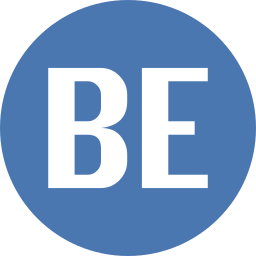At CERN, the European Organization for Nuclear Research, physicists and engineers are probing the fundamental structure of the universe. Using the world's largest and most complex scientific instruments, they study the basic constituents of matter - fundamental particles that are made to collide together at close to the speed of light. The process gives physicists clues about how particles interact and provides insights into the fundamental laws of nature. Find out more on http://home.cern.
Join the Geodetic Metrology group at CERN, where you will take part in the metrology and alignment of the wide variety of components that are used in particle accelerators and detectors. You will be using, developing or testing state-of-the art surveying tools and software to achieve the sub-millimetre accuracy necessary to achieve our goals. Take part!
Diversity has been an integral part of CERN's mission since its foundation and is an established value of the Organization.
Information about the BE-GM Group
Find more information about the group HERE and more about our activities: Video_surveyor at CERN, Video_Alignment systems
What we offer:
Join one of the most unique organizations in the world! Explore the exciting opportunities in the Geodetic Metrology Group at CERN. We are constantly seeking students, trainees, graduates, and staff eager to contribute to our ground-breaking work. Here’s more about what we do: https://videos.cern.ch/record/2718427, https://videos.cern.ch/record/2298440
Please check back again soon. This page is updated as soon as new vacancies are published.
